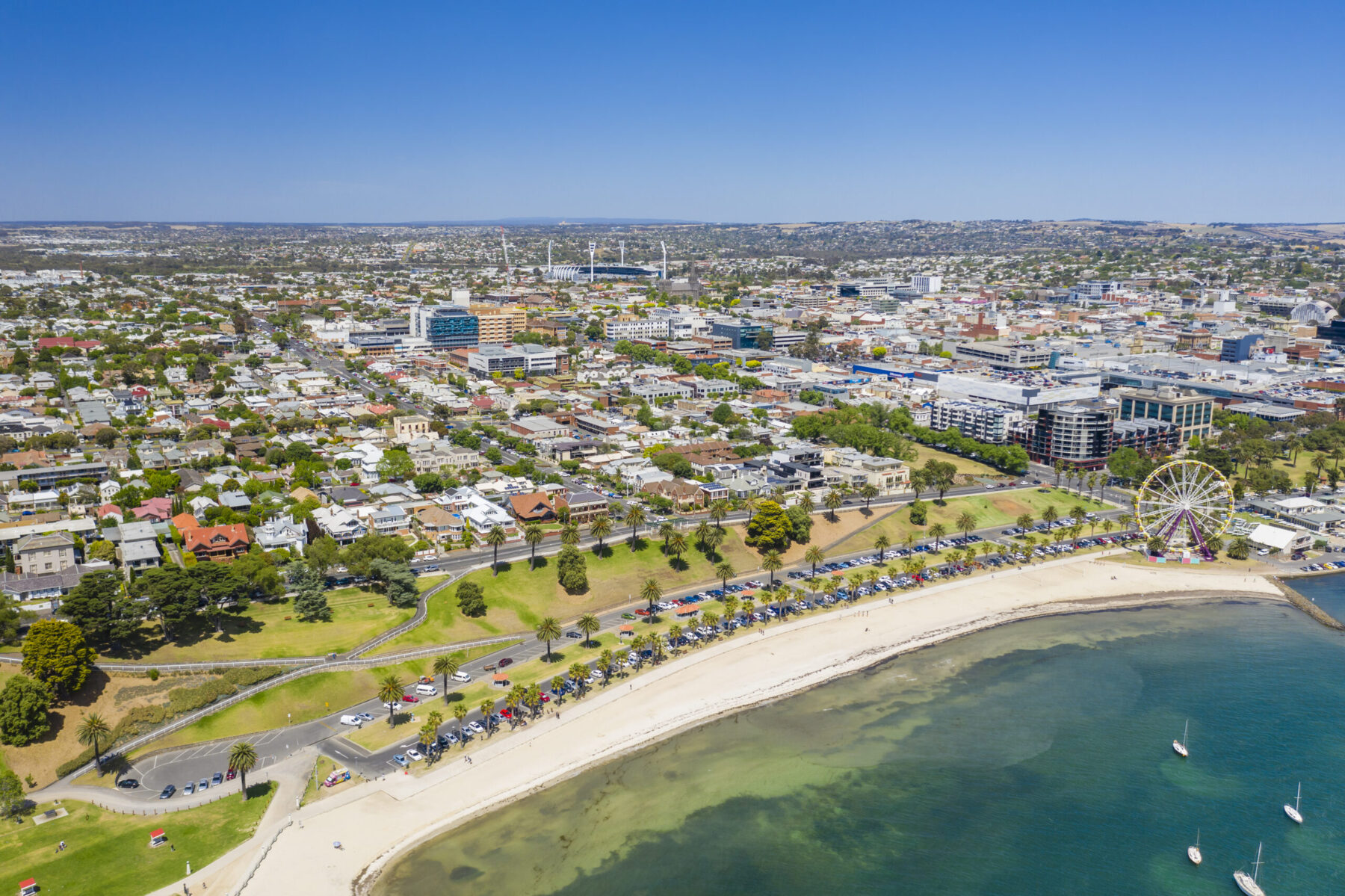What Impact will the General Election have on the Victorian Housing Market?
28 April 2025
As the federal election approaches, uncertainty is once again rippling through Australia’s property market. While interest rates and inflation remain key factors, housing affordability and first home buyer policies have emerged as central political battlegrounds, making this election one of the most consequential in recent memory for the real estate sector.
With Australian house prices rising by 39.1% over the past five years, and wages failing to keep pace, many buyers now face a decade-long journey just to save a 20% deposit (2024 State of the Housing System report). However, according to Buxton Real Estate Group, policy and political promises are only part of the picture.
Marcus Williams, CEO of Buxton Real Estate Group, believes the property market will continue to offer strong opportunities—regardless of who forms government.
“Affordability is a real and pressing issue, especially for first home buyers, but what we’re seeing across Victoria is resilience in the market. The upcoming election could certainly influence short-term activity, particularly if new incentives or buyer grants are introduced. But in the long run, real estate continues to be driven by job growth, infrastructure, people’s life stages, and economic fluctuations,” said Williams. “At Buxton, we’re seeing continued demand in key growth corridors and regional hubs, which shows that buyer confidence is still very much alive.”
This confidence is supported by the broader economic and infrastructure outlook. According to the Victorian Government’s 2024–25 Budget, the state is investing more than $2 billion into regional infrastructure, services and projects, including $700 million to extend the Victorian Homebuyer Fund, helping accelerate more Victorians into home ownership. The budget also includes $107 million to progress housing initiatives, and $197 million for homelessness support services, demonstrating a clear focus on improving housing access and affordability.
Melbourne Inner West: First Home Buyers Eye Entry Points
In Melbourne’s Inner West, Director & Auctioneer Matthew John says first home buyers are poised to re-enter the market with greater confidence, depending on the outcome of proposed housing policies.
“There’s always noise during an election cycle, especially around housing affordability, and right now both major parties are making big promises to first home buyers,” said John. “If those promises translate into real support, like shared equity schemes or deposit assistance, we’re likely to see renewed demand for entry-level properties in our area. The timing is important too, because winter usually brings a seasonal dip in stock levels. If buyer activity increases while listings tighten, we could see upward pressure on prices again, especially in areas with strong infrastructure and lifestyle appeal.”
Ballarat: Staying Grounded in a Shifting Landscape
In regional Victoria, Peter Burley, Director at Buxton Ballarat, says that while elections can create market hesitation, the fundamentals of real estate remain unchanged.
“There’s no doubt that election chatter causes a degree of uncertainty – people want to know what’s changing before making big decisions,” said Burley. “But the reality is, life doesn’t stop. People are still upsizing, downsizing, relocating for work, or making decisions around family needs. Our approach has always been to focus on what we can control: clear communication, honest advice and delivering value to our clients. That’s how you succeed in any market. Election or no election, people will always need to buy and sell.”
Ballarat is set to benefit from the state’s $186 million investment in rural and regional healthcare, including upgrades to Ballarat Base Hospital, further enhancing livability and long-term demand in the area.
Geelong: Rising Investor Activity Signals Confidence
Geelong’s property market is showing early signs of post-election optimism. Matt Hunt, Director at Buxton Geelong, says the combination of potential rate cuts and infrastructure development is positioning the region for strong future growth.
“While housing policy is attracting a lot of attention, I believe interest rates will be the bigger lever this year,” said Hunt. “With economists tipping multiple rate cuts on the horizon, we expect borrowing capacity to improve, which could drive a new wave of buyer activity. In the past few months, we’ve seen a spike in buyers’ advocates representing clients in Geelong—an indicator that sophisticated investors see long-term upside. The market here is still accessible, well-connected and growing steadily. Confidence is building, and that’s a strong sign for what’s ahead.”
Geelong is also set to gain from $133 million in regional rail investment, including upgrades to the Geelong Tunnel and service improvements, alongside funding for new schools and $113 million for TAFEs, which will support long-term population growth.
Bendigo: Strong Market Holds Steady Despite Election Noise
Further north, Buxton Bendigo Director Matt Leonard says the local market has remained active, even since the election was announced.
“Traditionally, election campaigns slow the market, but in Bendigo, we’ve seen sustained activity. There’s been no major dip in buyer interest or vendor listings,” said Leonard. “Looking ahead, if the Coalition’s proposed policies come to fruition—particularly regional incentives like the $1.5 billion developer fund and mortgage support for first home buyers—we could see a further boost to regional activity. Bendigo is already growing, but policies like these could add momentum and increase confidence across the board.”
Victoria’s economic outlook remains positive, with the state’s economy projected to grow by 2.5% in 2024–25 and employment forecast to rise 1%, building on already record-high levels. A lift in real household disposable income is also expected, which should help bolster consumer sentiment.
Despite the uncertainty often surrounding federal elections, confidence in Victoria’s property market remains steady. Buxton Real Estate points to resilient infrastructure investment, a recovering economy, and continued buyer demand, particularly in regional growth corridors, as key drivers supporting ongoing market momentum into 2025.






